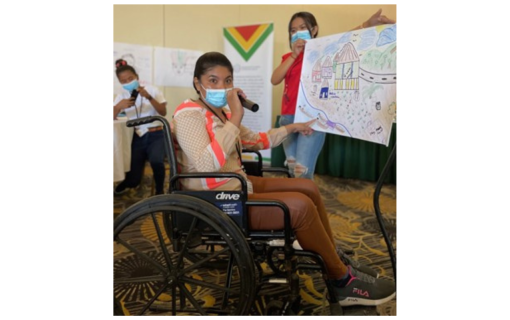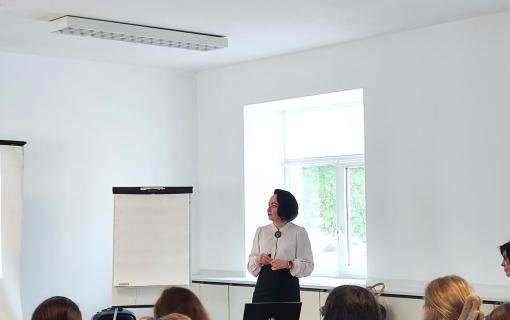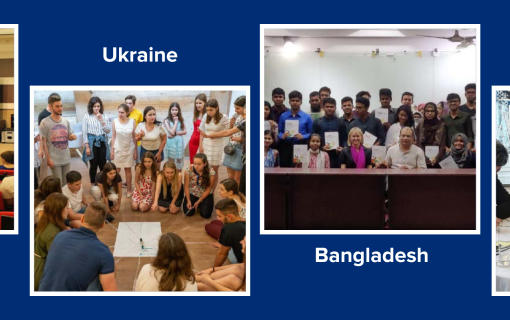Planning for the 1993 National Elections in Senegal: An Evaluation
INTRODUCTION
In the space of only the past few months, several nations in francophone Africa have experienced national political upheavals in the course of what might well have been peaceful electoral contests. Dramatic twists in party and leadership behavior have instead turned democratic initiatives into occasions for social disruption. Religious turbulence and governmental crises have reversed democratic practices in North Africa. Ethnic hostilities have threatened countries with civil war in the midst of constitutional reform. Moribund authoritarian regimes have been resuscitated at the expense of popular expression in West Africa. With one or two exceptions in this part of the world, Senegal stands out in providing reliable assurance of the peaceful and election-based submission of political authority to the popular will. In contrast to its regional neighbors, only Senegal carries the mark of a traditional democratic orientation and of electoral experiences which assure that democratic practices are mandated from within the nation rather than from outside pressures. The spirit of participatory government and individual rights have apparently extended into every sector of the Senegalese electorate. At the same time, these experiences and spirit have not been sufficient to assure that the practices of open participation and equitable election procedures will take root. Instead, the orientation and image of Senegalese electoral habits illustrates the under-representative way in which elections are typically conducted.
Perhaps the only claim on foreign aid for its electoral process that Senegal cannot make as persuasively as other African nations is that it fears a return to authoritarian rule. In contrast to the overwhelming norm among third world countries, Senegal has a well established history of democratic practices. Although it has obviously experienced nearly thirty years of virtual one party rule, the institutions and practices of competitive democracy have a firm basis on which to build. Still, the country and all its potential voters lack any recent experience with competitive elections. A large portion of the electorate (close to half) has lost all interest in voting. More important, among the less than half of the electorate who vote regularly, there is a widespread impression of ritualistic voting. In a one-party system, the vote does not change the politics of those in power. As a result, voters tend to emphasize public displays of party commitment at the voting booth. Thus, an essential concept of competitive party politics in voting is missing.
What is needed, therefore, is a systematic exposure of the electorate to the practical concepts of competitive elections and party transition in order for voters to recognize and prepare for the realistic possibility that such competition and transition might eventually take place. Such exposure can most readily be developed through a massive program of civic education.
At every level of responsibility in Senegalese politics there are noticeable inconsistencies in the prevailing interpretations of the democratic election process. On small matters and on large procedural questions the rules are often too ambiguous to assure a consistent and predictable approach to election administration. In fact, the rules alone are so often contradictory that nearly all public and political leaders that the team interviewed complained. What compensates for the ambiguities in regulation may also be that which perpetuates uncertainty and inconsistencies in decision-making. The admirable concern for a balanced representation of all political party interests in the writing of the Electoral Code may have effectively been transformed into an unwieldy porkbarrel of election regulation benefits for all participating parties. The failure of responsible government agents including the Ministry of the Interior to address the inconsistencies in the Code reflects a detrimental preoccupation with public opinion and political sensibilities. The additional failure to adequately address the absence of funding, even partial funding', for public and party obligations during the election preparations suggests either blind faith or a profound distrust for open political debate.
The Senegalese political community is currently less concerned with who may win the presidency in 1993 than with who will control the electoral process, its rules, its funding and its evaluation. The rules are still not well developed. The funding is obviously not within the control of any Senegalese group, neither the government nor the opposition parties. The evaluation of the process is, of course, in doubt until the 1993 elections have past. Yet, it is already likely that conditions like those leading to the violent rejection of the 1988 elections results will again be present. Unless there is additional aid, there will be poor and inadequate voter registration, followed by untrained polling officials on election day and few party poll watchers. In addition, election results, although tabulated by Appeals Court, can only have the credibility that party leaders are willing to accord them. Between now and February 1993 some significant progress needs to be made at the level of regulations and party consensus in order to assure peaceful elections.
With little more progress than already seems likely, however, one can expect that the elections will be democratically conducted. The strength of Senegal's democratic tradition coupled with a growing awareness in all public sectors demonstrates that greater attention will be paid to election preparations. If the support of the international community is added to some of the initiatives already undertaken in Senegal, the elections should meet international standards of fairness.
The team of analysts brought together by the International Foundation for Electoral Systems, is in debt to all organizations and groups for the opportunity to conduct and learn from our research in Senegal. The team was invited to evaluate the overall quality and effectiveness of the government's preparation for the 1993 national elections in Senegal. The invitation come in response to a Senegalese request made of international donors including the United States for financial assistance in preparing for the elections.
The assessment, conducted primarily in and around Dakar between March 7 and March 24, 1992, was oriented toward an evaluation of the components of the electoral structure described in the election budget issued with the Senegalese aid request. The work was assisted by the US Embassy and USAID staff in Senegal. In a little over two weeks the team interviewed about 60 people, largely leaders in the Senegalese government; political parties, news media and civic associations. The team also examined a variety of data on voter registration, party participation, legal issues and related election activity. This report is an initial effort to define the parameters around which specific questions may be developed but still, the team trusts that it answers some general questions associated with Senegal's need for assistance in promoting its democratic process. The team, a Howard University professor and two election officials from Quebec, Canada, is especially indebted to USAID Mission Director Julius Coles, to U.S. Ambassador Katherine Shirley in Senegal for their support, and of course t9 Laurie Cooper of IFES for organizing this project. The team owes a very large debt to Annette Adams, USAID Regional Legal Advisor who guided and encouraged work while the team was in Dakar.
Read the Full Report.








